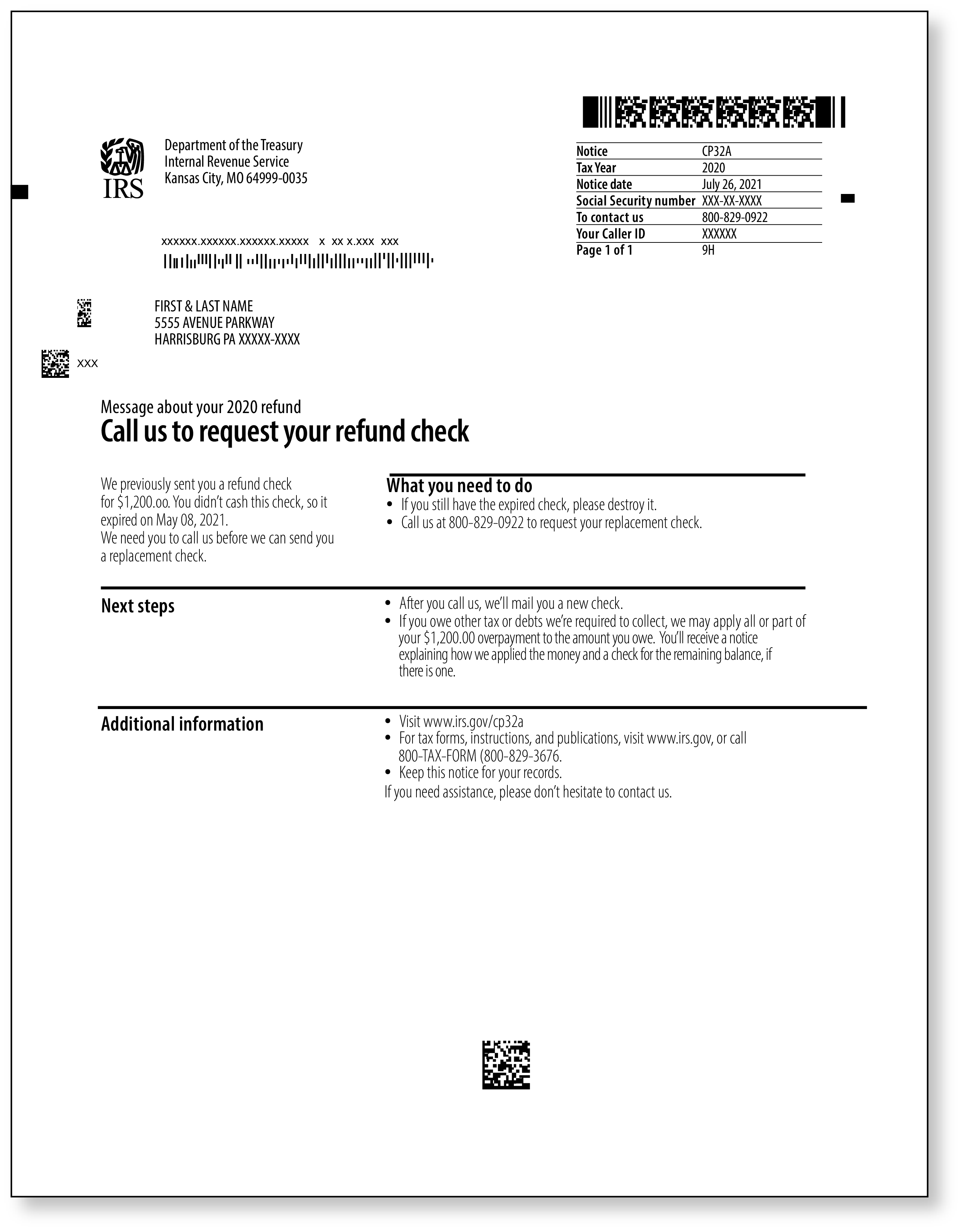Have you ever paid more tax than you should? It happens. Sometimes we pay extra tax without knowing. But don’t worry. You can claim it back. This is called a tax overpayment claim.
What is Tax Overpayment?
Tax overpayment means paying more tax than you owe. This can happen for many reasons. Maybe you made a mistake. Or maybe your employer took too much tax from your paycheck.
Common Reasons For Tax Overpayment
- Wrong tax code used by employer.
- Incorrect information on tax return.
- Deduction or credit not claimed.
- Income reported twice.
These are just a few reasons. But there are more. It’s important to check your tax records. Make sure everything is correct.
How to Know if You Overpaid
First, check your tax return. Look at your tax forms. Compare what you paid with what you owe. You can also contact the IRS. They can help you understand.
Steps To Check For Overpayment
- Review your W-2 form.
- Compare with your 1040 form.
- Check any deductions or credits.
- Look for errors in reporting.
- Contact IRS for clarification.
If you find a mistake, you might have paid too much. Don’t worry. You can claim it back.
How to Claim Your Overpaid Tax
Claiming back your overpaid tax is a process. But it’s not hard. Here is a simple guide to help you.
Steps To Claim Tax Overpayment
- Gather all your tax documents.
- Fill out IRS Form 1040X.
- Explain why you overpaid.
- Submit the form to the IRS.
- Wait for confirmation from IRS.
The IRS will review your claim. If everything is correct, they will issue a refund. This can take some time. So, be patient.

Important Tips for Filing a Claim
Filing a claim needs care. Follow these tips to make the process smooth.
- Double-check all information before submitting.
- Keep a copy of all documents.
- File your claim within the time limit.
- Use certified mail for sending forms.
- Contact a tax professional if unsure.
These tips can help avoid mistakes. They can also speed up the process.
Time Limit for Filing a Claim
There is a time limit for filing a claim. Usually, you have three years from the date you filed. Or two years from the date you paid. Whichever is later. It’s important to file on time.
What Happens After Filing?
After filing, the IRS reviews your claim. They check all information. If they agree, they will send a refund. Sometimes they may ask for more information. Be ready to provide it.
What if Your Claim is Denied?
Sometimes the IRS may deny your claim. This can happen if there are errors. Or if you missed the deadline. If denied, you can appeal. Contact the IRS for guidance.

Frequently Asked Questions
What Is A Tax Overpayment Claim?
A tax overpayment claim is a request to refund excess taxes paid. This helps taxpayers recover their money.
How Do I Know If I Overpaid Taxes?
Check your tax return for errors. Compare with IRS records to spot overpayments.
Can I Claim Tax Overpayment Online?
Yes, you can file online through the IRS website. It’s quick and convenient.
How Long Does A Tax Refund Take?
Refunds typically take 21 days. However, delays can happen due to errors or audits.
Conclusion
Tax overpayment can happen to anyone. But you can claim it back. Check your tax records. Make sure everything is correct. If you overpaid, file a claim. Follow the steps carefully. And remember, help is always available. Contact the IRS or a tax professional if needed.
Read More:
- How to File a Hospital Claim: Step-by-Step Guide
- Slip And Fall Settlement Tips: Maximize Your Claim
- Best Auto Claim Attorney USA: Unrivaled Legal Expertise
- Roof Insurance Claim Denied: Uncover Solutions Today
- Credit Card Insurance Claims: Maximize Your Coverage
- Denied Surgery Insurance Claim: Navigating Your Next Steps
- Irs Tax Refund Claim Process: Simplified Guide
- Health Insurance Reimbursement Claim: Maximize Your Benefits
